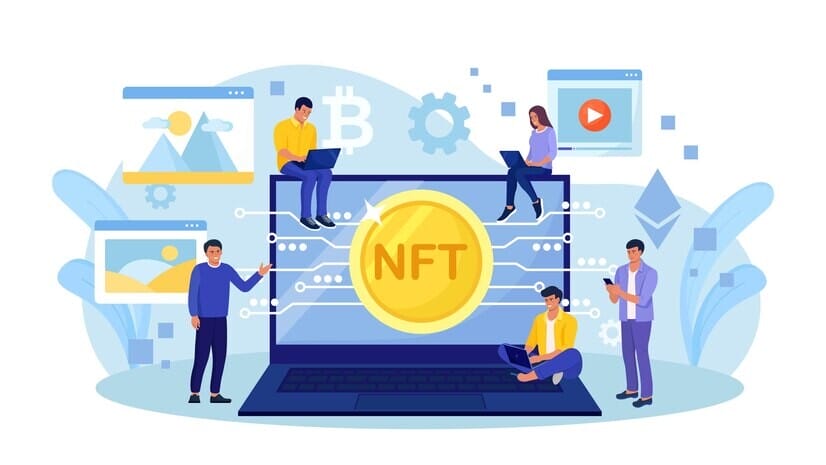The Digital Chamber, a trade association, is urging lawmakers to pass legislation that would define certain non-fungible tokens (NFTs) as consumer products, exempting them from federal securities laws. The association argues that NFTs intended for consumer use should be separate from financial products and exempt from SEC oversight to prevent classification as securities or other financial instruments. This push comes in response to increased scrutiny from the SEC into the NFT market, which has raised concerns about the livelihoods of NFT creators and communities. The Digital Chamber believes that NFTs should be classified as consumer goods, not securities, and is advocating for legislative clarity to reflect this distinction.
The association represents diverse stakeholders in the digital economy and contends that many NFT applications are not designed as investment vehicles or speculative financial tools. While some NFTs are resold for profit, the Digital Chamber maintains that this does not transform them into financial products. It criticizes SEC Chair Gary Gensler’s enforcement-driven regulatory strategy, which it believes poses a threat to those who rely on NFTs for their income. Many individuals use NFTs not just for personal passion projects, but also to connect with communities and earn a living through the buying and selling of digital assets in the marketplace. Legislative clarity is essential to safeguard innovation, creators, and consumer rights in the NFT space.
The NFT market is facing legal uncertainty as both the SEC and courts scrutinize platforms like OpenSea and DraftKings. Recently, the SEC issued a Wells Notice to OpenSea, suggesting that some NFTs on the platform could potentially be categorized as securities under US law. Traditionally, the SEC’s focus has been on cryptocurrency exchanges like Coinbase and Uniswap, along with other entities such as Kraken and Robinhood. By expanding its scrutiny to NFTs, the SEC is navigating uncharted regulatory waters. Meanwhile, DraftKings decided to shut down its NFT operations following a class action lawsuit alleging that their NFTs were unregistered securities. A federal judge’s ruling allowing the case to proceed indicated a valid argument that DraftKings’ NFTs may indeed be considered securities. Similarly, Dapper Labs, the creator of NBA Top Shot, faced a lawsuit with similar claims, underscoring the ongoing legal challenges within the NFT sector.
As the debate over the classification of NFTs continues, it is essential for lawmakers to provide clear guidance to prevent hindrances to innovation and economic growth in the digital economy. The Digital Chamber’s call for legislative action highlights the importance of distinguishing between NFTs as consumer products and financial instruments to protect the rights of creators and consumers. With the SEC’s increasing scrutiny and legal challenges facing NFT platforms, regulatory clarity is crucial to foster a thriving and equitable marketplace for digital assets. Stakeholders in the NFT space are closely monitoring developments and advocating for a balanced regulatory framework that supports innovation while ensuring consumer protection and legal compliance. A well-defined regulatory environment will be key to sustaining the growth and viability of the NFT market in the evolving landscape of digital assets.











